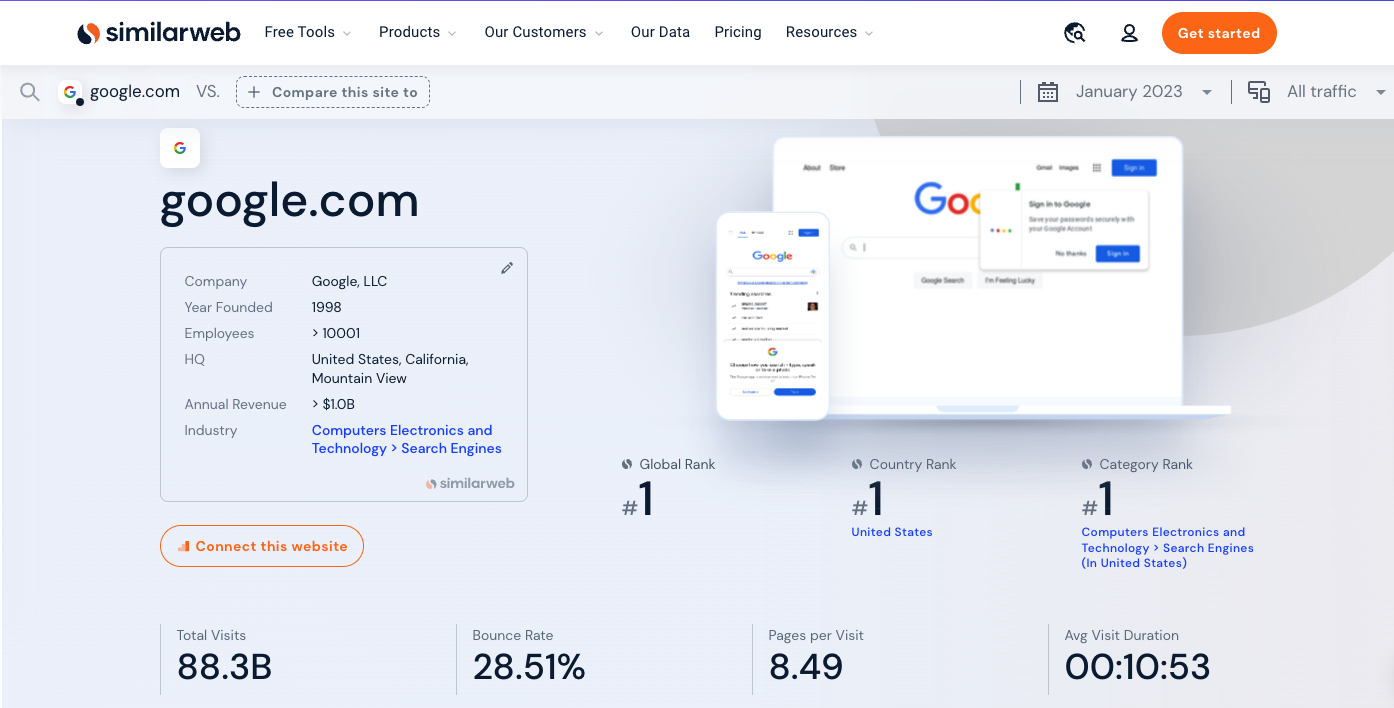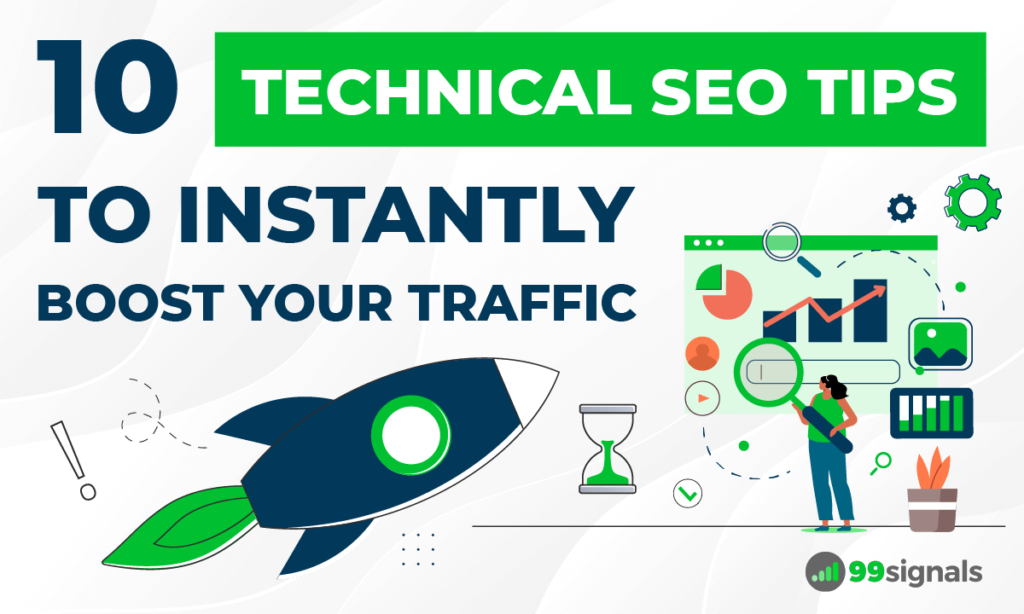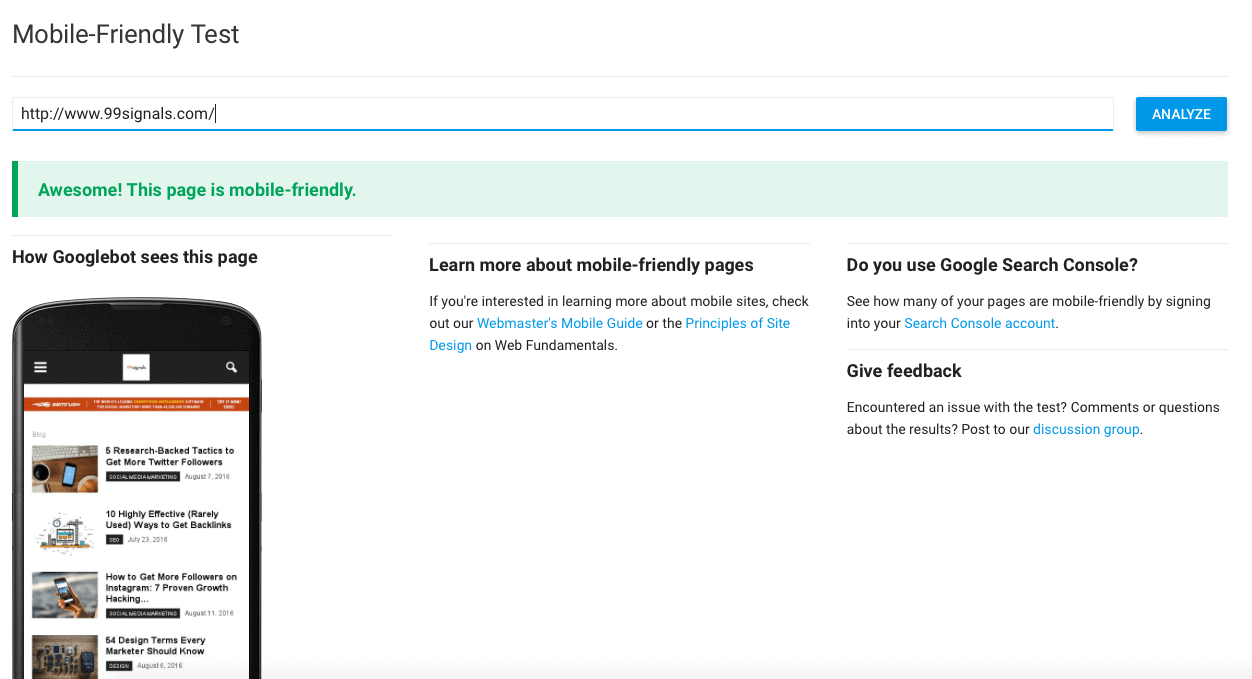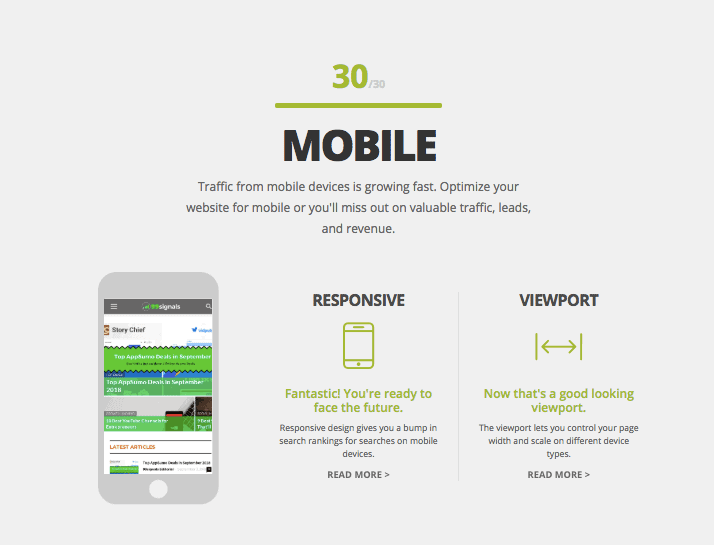Google shares six SEO tips that combine structured data and Merchant Center to get the most out of your website’s presence in search results.
Alan Kent, a Developer Advocate at Google, describes each tip in detail in a new video published on the Google Search Central YouTube channel.
Throughout the video, Kent emphasizes using Google Merchant Center because it allows retailers to upload product data via structured feeds.
Merchant Center feeds are designed to be read by computers, which means data is extracted more reliably than Googlebot crawls your website.
However, that doesn’t mean you should forego using structured data on product pages and relying on Merchant Center alone. Structured product data remains essential even if you provide product data directly to Google with a Merchant Center feed.
Google may crosscheck data from the Merchant Center feed against structured data on your website.
Google’s SEO recommendations for ecommerce sites revolve around getting the most out of both tools.
1. Ensure Products Are Indexed
Googlebot can miss pages when crawling a site if they’re not linked to other pages. On e-commerce sites, for example, some product pages are only reachable from on-site search results.
You can ensure Google crawls all your product pages by utilizing tools such as an XML sitemap and Google Merchant Center.
Creating a Merchant Center product feed will help Google discover all the products on your website. The product page URLs are shared with the Googlebot crawler to use as starting point for crawls of potentially additional pages.
2. Check Accuracy Of Product Prices Search Results
If Google incorrectly extracts pricing data from your product pages, it may list your original price in search results, not the discounted price.
To accurately provide product information such as list prices, discounts, and net prices, it’s recommended to add structured data to your product pages and provide Google Merchant Center with structured feeds of your product data.
This will help Google extract the correct price from product pages.
3. Minimize Price & Availability Lag
Google crawls webpages on your site according to its own schedule. That means Googlebot may not notice changes on your site until the next crawl.
These delays can lead to search results lagging behind site changes, such as a product going out of stock.
It would be best if you aim to minimize inconsistencies in pricing and availability of data between your website and Google’s understanding of your site due to timing lags.
Google recommends utilizing Merchant Center product feeds to keep pages updated on a more consistent schedule.
4. Ensure Products Are Eligible For Rich Product Results
Eligibility for rich product results requires the use of structured product data.
To get the special rich product presentation format, Google recommends providing structured data on your product pages and a product feed in Merchant Center.
This will help ensure that Google understands how to extract product data to display rich results.
However, even with the correct structured data in place, rich results are displayed at Google’s discretion.



 Aside from some serious cheesiness, AI can be super helpful for smaller, initial tasks.
Aside from some serious cheesiness, AI can be super helpful for smaller, initial tasks.

 Technical SEO is one of the most fundamental aspects of SEO. You may have the most incredible piece of content for a popular topic in your niche, but if your site has unresolved technical SEO issues, you’ll struggle to rank high in search engine result pages (SERPs).
Technical SEO is one of the most fundamental aspects of SEO. You may have the most incredible piece of content for a popular topic in your niche, but if your site has unresolved technical SEO issues, you’ll struggle to rank high in search engine result pages (SERPs).

